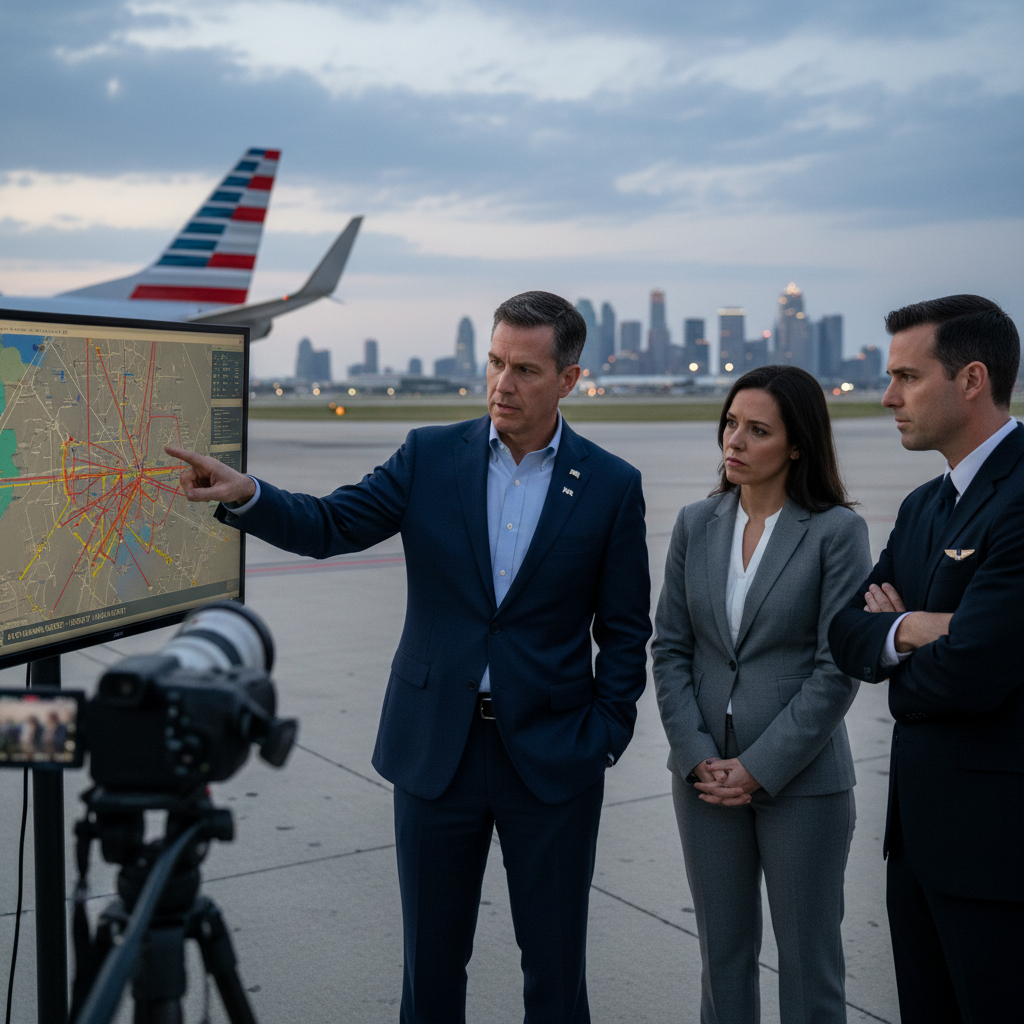Physical Address
304 North Cardinal St.
Dorchester Center, MA 02124
Physical Address
304 North Cardinal St.
Dorchester Center, MA 02124
Global aviation news tracker
Global aviation news tracker

FAA opens an inquiry after pilots reported intermittent GPS failures near Dallas‑Fort Worth on October 2, 2025.
The Federal Aviation Administration (FAA) said it has launched an investigation into a GPS jamming event on October 2, 2025 that affected multiple commercial and cargo flights operating in the vicinity of Dallas‑Fort Worth International Airport. Pilots reported intermittent loss of Global Positioning System (GPS) signals during both approach and departure phases, forcing reroutes and raising air traffic control (ATC) workload. No accidents or injuries were reported.
According to initial accounts, crews experienced sudden, temporary degradation of satellite navigation data while vectored for arrival or climbing out after departure. Flight crews reverted to procedural backups and ATC provided radar vectors and manual spacing until normal navigation fix could be confirmed. The FAA confirmed it is coordinating with federal agencies to identify the source and to mitigate ongoing risks to satellite navigation.
The incident underscores the limits of space‑based navigation alone and the importance of layered procedures. Airports and operators routinely train for partial navigation failures—using instrument landing systems (ILS), VOR/DME (VHF omnidirectional range/distance measuring equipment) and ATC surveillance—but real‑world events like this test those backups under operational pressure.
Investigators will review ATC recordings, pilot reports and aircraft systems logs to determine scope and possible origin. The FAA has not identified a culprit publicly and has not issued operational restrictions for the airport. Aviation stakeholders say the event will likely renew focus on monitoring anti‑spoofing technology and ensuring crews maintain currency on non‑GPS procedures.
For travelers and crews, the takeaway is procedural: pilots and controllers managed the disruption without incident, but the episode highlights how dependent modern aviation remains on satellite services—and why robust contingency training matters.